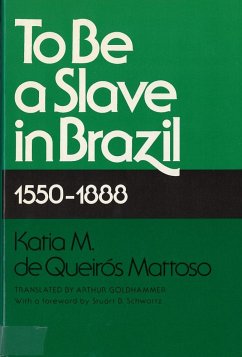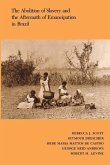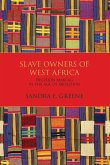The book has the great advantage of placing the slave in the centre of the history not simply as a type of labour, but as an actor whose culture, actions and decisions influenced the operation of the system. Written with verve and grace for a general readership.
Hinweis: Dieser Artikel kann nur an eine deutsche Lieferadresse ausgeliefert werden.
Hinweis: Dieser Artikel kann nur an eine deutsche Lieferadresse ausgeliefert werden.








